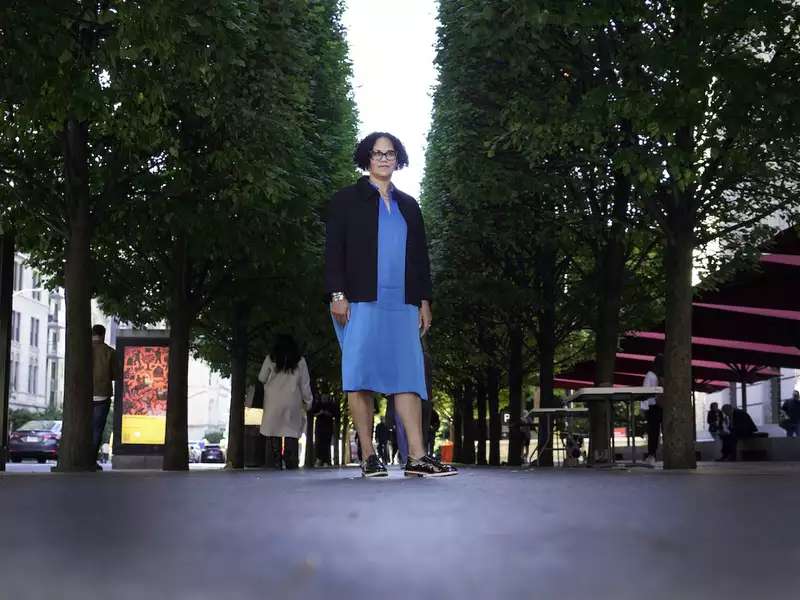
A team of scholars has created a historical virtual visualization of the once-thriving community that was destroyed to build Central Park.

A team of scholars has created a historical virtual visualization of the once-thriving community that was destroyed to build Central Park.

Tapped by the Costume Institute to curate its annual blockbuster exhibition, professor Monica L. Miller is using her research on Black style to educate fashion enthusiasts on Black dandies.

Inspired by Miller’s research, the Costume Institute’s spring 2025 exhibition and Met Gala will focus on Black dandies with “Superfine: Tailoring Black Style.”

In her latest book, research scholar Nancy Woloch shines a historical light on the roles that women have played as agents of change.

In the annual tradition to bring campus and Harlem community members together to benefit the surrounding Harlem neighborhood, this year’s theme will focus on the meaning of Juneteenth in New York City.

Three sets of staff members and graduating students speak candidly about their family bonds and time together on campus.

The art history professor talks about her forthcoming book on the French fashion revolution and being offered a named chair in honor of former Barnard professor Barbara Novak.

Beyond being a spymaster’s wife, Colby fought for and helped to win legislation for spouses to receive benefits for the service they provide to the United States’ most secret agency.

Professors Abosede George and Tamara J. Walker talked about the power of intellectual exchange and community building among Black scholars at Barnard — and across academia.

Abby Sullivan ’25, an art history major, solved a mystery of the past with Louis Lang’s 1871 Art Students painting — helping to deepen the art world’s connection to the painter.

The Harlem Renaissance, art installations at the MoMA, and American theatre are a small slice of what students will learn as they head back to class this spring.

The Laidlaw Scholar traces the policy effects of climate displacement ahead of the U.N. conference COP 28.